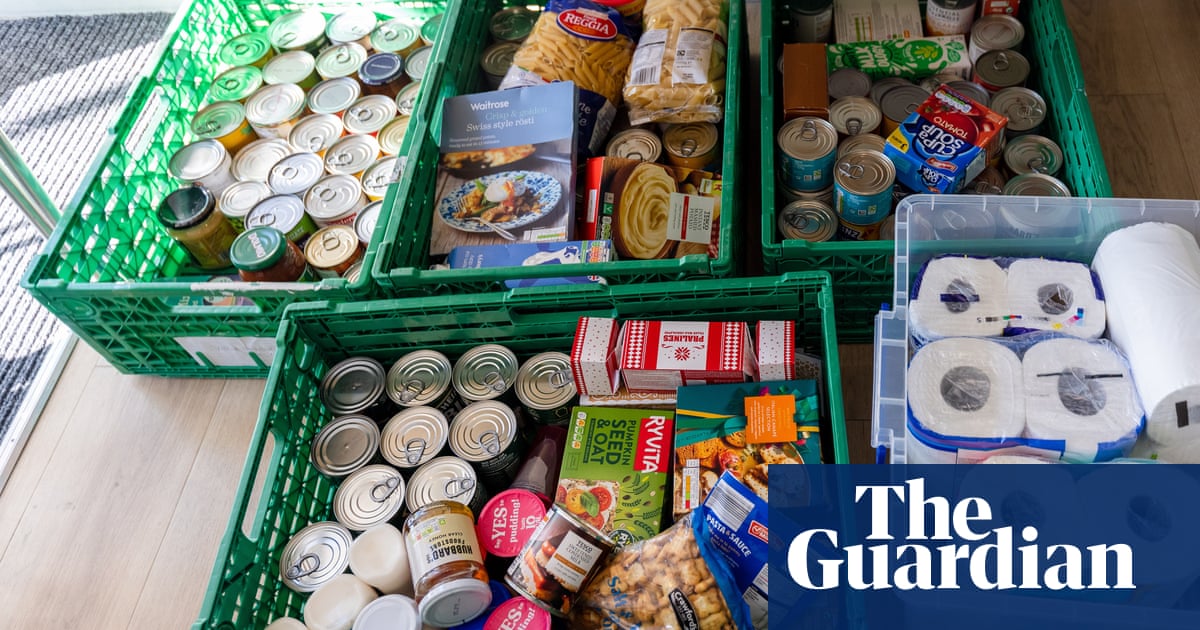
Tim Lenderking: They (the Houthis) are not winning that conflict. It is stalemated. Time to put down the weapons, get to the table
Lenderking called on warring factions to cease fighting and facilitate the distribution of humanitarian assistance to needy Yemenis
AL-MUKALLA: The Iran-backed Houthis will not win their battles in Marib province despite their relentless attacks and deployment of thousands of fighters, and instead they have become entangled in a military stalemate that has disrupted efforts to end the war, according to the US envoy to Yemen.
“It makes no sense under these circumstances to continue fighting, such as the Houthis are doing through their offensive in Marib. They are not winning that conflict. It is stalemated. Time to put down the weapons, get to the table,” Tim Lenderking said during an online conversation on Tuesday that focused on the humanitarian crisis in Yemen.
ad
He called on warring factions to cease fighting and facilitate the distribution of humanitarian assistance to needy Yemenis, warning that the country is again on the brink of famine.
“All the parties have a responsibility to open up access in areas in their control. Let the humanitarians get in there and do what they need to do. Let the economy rebuild. Let us get focused on rebuilding infrastructure so people can return to their homes,” Lenderking said.
The American mediator urged international donors and wealthy countries to increase their funding of the UN’s lifesaving programs in Yemen in order to save Yemenis from dying of hunger.
“The Yemen humanitarian response is less than 50 percent funded. If we cannot mobilize additional funding, we will see more Yemenis die when they could have been saved. And we will restrict further the space for building peace in the country,” he said.
Lenderking has accused the Houthis of stashing fuel and creating a black market for the important commodity to push up prices in an effort to generate funds for their military efforts.
“We’ve seen the Houthis stockpile and use the black market to drive up the prices of fuel beyond the reach of ordinary Yemenis,” he said, while denouncing the militia for its failure to abide by the Stockholm Agreement and its use of funds for supporting the Marib offensive rather than for the benefit of civil servants.
Ads by optAd360
David Beasley, executive director of the UN’s World Food Program, and Samantha Power, USAID administrator, who also took part in the online gathering, echoed the same concerns about the impact of shortages of funds on the distribution of aid in Yemen.
Beasley said the depreciation of the Yemeni riyal has increased the prices of food and fuel, warning that millions of Yemenis are at risk of starvation. “We’ve got 5 million people right now knocking at famine’s door. We’ve got 16 million people marching toward starvation,” he said.
Power said the raging war has left two-thirds of Yemen’s population in need of urgent humanitarian assistance, while some vital programs have been reduced due to funding cuts. “We urgently call on donors to scale up funding to avert a further deterioration of humanitarian needs,” she said.












